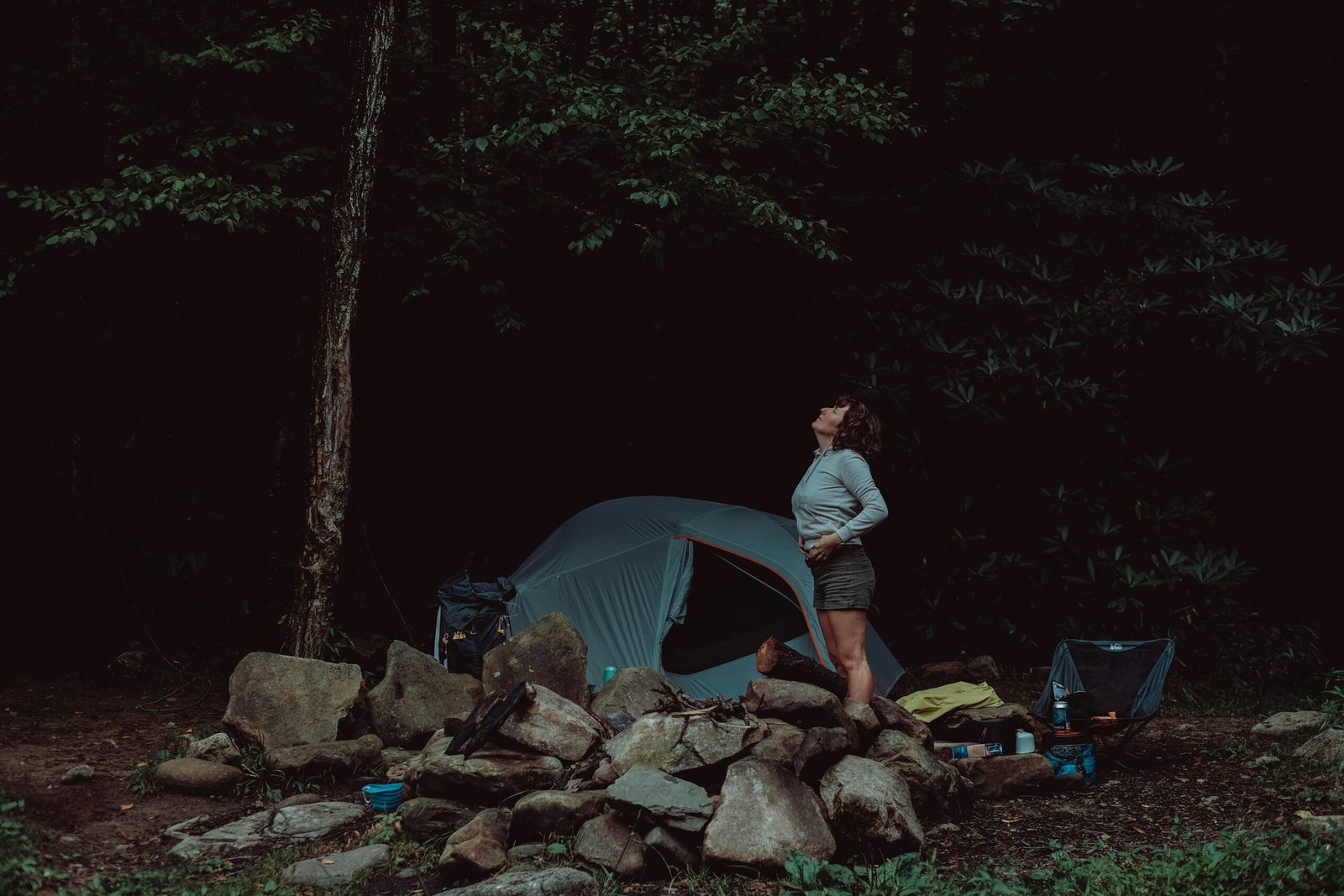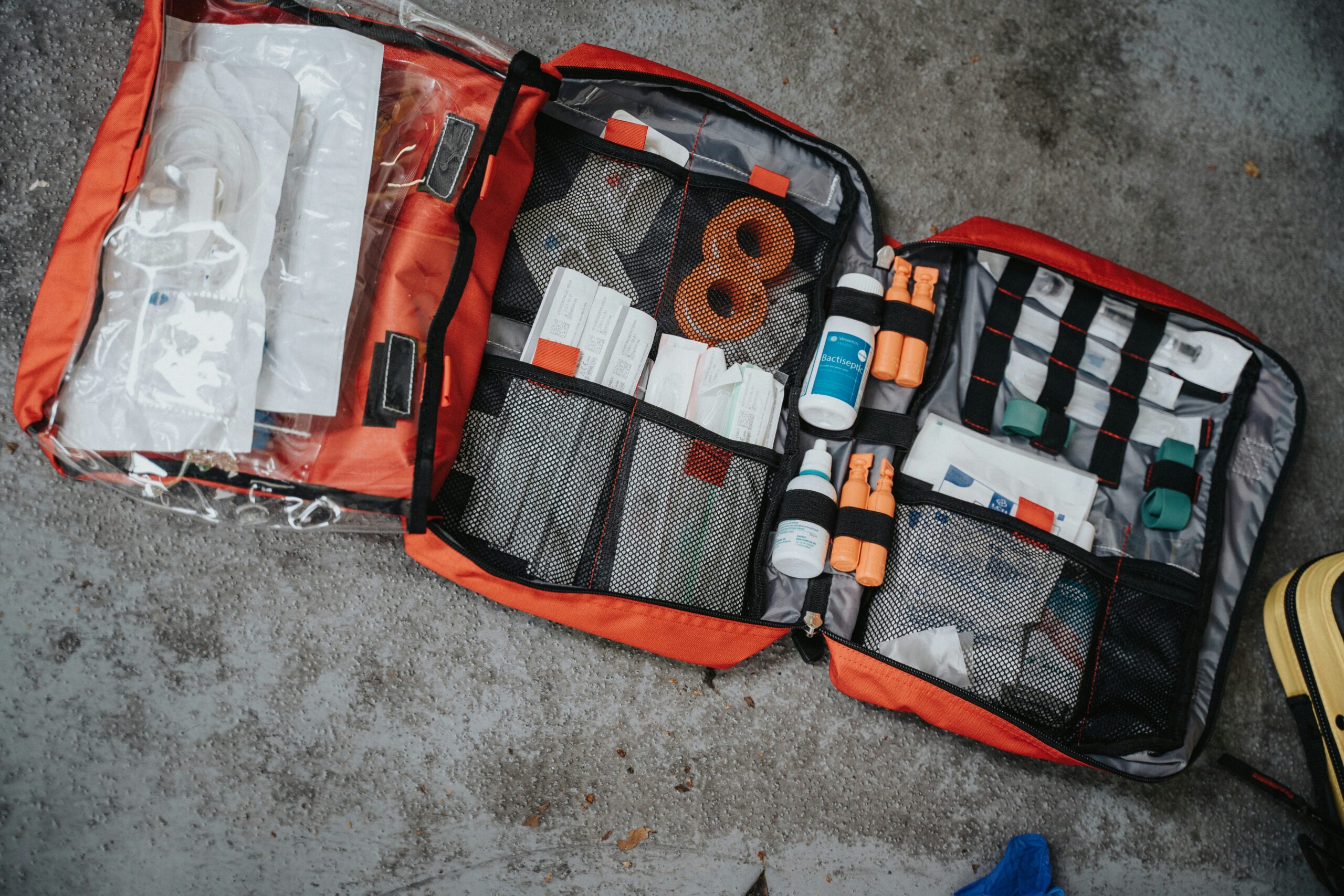In recent years, off-grid living has become increasingly popular, with many, especially in the U.S., drawn to the idea of life outside the city. However, securing reliable power in remote locations is one of the main challenges.
Luckily, that’s where solar panels can help. They offer a sustainable and independent way to generate energy. That said, let’s take a closer look at why they are the ideal solution for off-grid cabins, their key components, and how to make the most out of them.
Why Solar Panels Are Ideal for Off-Grid Cabins

Solar panels are ideal for off-grid cabins because they offer clean, renewable energy, and require minimal maintenance once installed. The off-grid housing market is expected to grow at a CAGR of 7.9% between 2025 and 2032, with North America leading the way.
Let’s examine why solar panels are an ideal choice for off-grid cabins in more detail.
#1. Clean, Renewable Energy
Solar panels use sunlight to create electricity, so you don’t need to burn fuel or run a generator to power your cabin, which makes them environmentally friendly.
Also, they help you save money and time because you won’t have to buy, store, and transport fuel or maintain your generator. As long as there is sunlight, solar panels will keep working, and you will enjoy quieter, cleaner, and more sustainable energy in your cabin.
#2. Minimal Maintenance Once Installed
Solar panels require very little upkeep. You only need to clean them occasionally to remove dust or debris and check for any loose connections. There aren’t moving parts to wear out, so they can last for decades with almost no effort or extra cost. Many can last for well over 20 years.
#3. Scalable Set-Up
As a plus, it is possible to start with a small solar system and expand it later as your cabin’s electricity needs grow. For example, you might just need one or two solar panels to power lights and small appliances, then add more later if you want to run larger devices like a refrigerator. This means you won’t have to overspend on electricity you don’t need just yet.
Key Components of a Solar-Powered Off-Grid Cabin
Here are the key components of a solar-powered off-grid cabin:
- Solar panels. These capture sunlight and convert it into direct current (DC) electricity. They can be either monocrystalline or polycrystalline panels. The former are more efficient and perform better in low light, while the latter are more affordable and still effective for most cabins. You need to consider how much energy your cabin uses and how much sunlight it receives to choose the right type.
- Battery storage. Excess energy from the solar panels during the day is stored in batteries. They power your cabin at night or during cloudy days. Deep-cycle batteries are commonly used because they can handle repeated charging and discharging. To ensure you have enough power even when the sun is away, you will need a well-sized battery bank.
- Charge controllers and inverters. These keep your system running safely and efficiently. The charge controller regulates how much electricity flows from the solar panels to the batteries and prevents overcharging. The inverters convert the stored DC power in your batteries into alternating current (AC), which is the type of electricity most household appliances use. Together, charge controllers and inverters create a self-sustaining system that allows you to live in your off-grid cabin.
Tips for Maximizing Solar Efficiency
Keep these three tips in mind to maximize solar efficiency for your cabin:
- Optimize the panel placement and angle. Solar panels produce the most energy when they receive direct sunlight throughout the day. Therefore, you should install them on a roof or ground mount that faces true south in the Northern Hemisphere or true north in the Southern Hemisphere. You should also adjust the tilt angle to roughly match your location’s latitude, as this will help the solar panels capture the most sunlight year-round.
- Reduce energy waste inside your cabin. You can get more out of your solar panels by improving energy efficiency indoors. Use LED bulbs and good insulation to keep your cabin warm in the winter and cool in the summer. It is also important to make a habit of turning off lights and electronics when not in use and consider using timers or smart plugs to cut standby power. When you lower your energy demand, you help your solar system last longer each day and require less battery storage.
- Store excess energy wisely. This means ensuring your battery bank is large enough to store extra power for nights or cloudy days and avoiding letting batteries overcharge or fully drain, which can reduce their lifespan. You can also use your excess energy during peak sunlight hours for high-demand tasks like running appliances or charging devices to keep your system balanced.
Conclusion
Solar panels are a practical solution for powering off-grid cabins. They are scalable, aren’t high maintenance, and provide you with clean, renewable energy. You won’t have to rely on fuel or generators, which can be costly and time-consuming to get and take care of when living off grid.
To make the most of your solar panels, be sure to place and angle them optimally, pay attention to energy waste indoors, and store your excess energy in batteries, one of the key components of your system alongside the panels themselves and the charge controllers and inverters, wisely.



